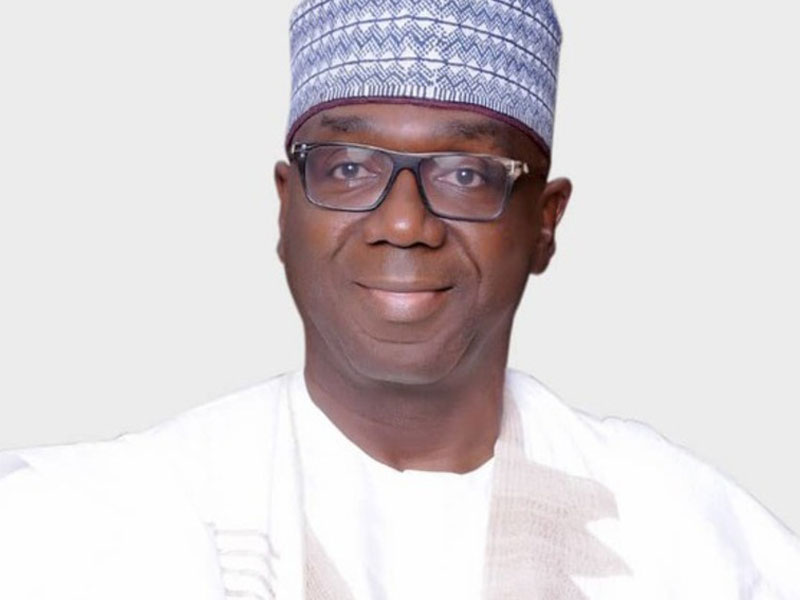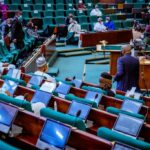Kwara state governor, AbdulRahman AbdulRazaq, has said local communities would have the option of nominating trusted indigenous contractors to fix their schools and hospitals while government funds the projects.
The contractors so nominated would be picked only after going through the government’s procurement processes as spelt out under the law.
Governor AbdulRazaq said this in Kaiama town yesterday while on a tour of public facilities in the northern senatorial district of the state.
He said government has recently retooled the 2019 budget to focus on rebuilding basic infrastructure such as township roads, schools, hospitals and toilets to tackle the menace of open defecation.
“For each community where we want to rebuild the schools or hospitals, we want to use the local contractors from those communities, so that we have trickle down effects and regenerate the economy by investing in the economy,” he said.
He visited communities like Gwaria, a major hub for yam flour production in Nigeria; Junga Aboki; and Kaiama town — all in Kaiama local government area of the state.
He said “When we got in, we realised that there are big issues with our roads, hospitals and schools, they are practically down, and I am here to make sure I understand in full the problems with all the hospitals and schools.
“They all have peculiar problems. We have seen the different challenges in different hospitals and schools and we are going to make sure that the right people are used in order to reposition the hospitals and the schools.”
The governor said while his campaign thrust of development and change remain valid, he is constantly rejigging the campaign promises to reflect the realities of Kwara he now sees, especially because basic infrastructures for education and health are almost non-existent and must first be put in place before other things.
AbdulRazaq suggested that government would provide the prototypes and the standard of the schools or hospitals to be built while local communities would engage contractors to fix them under strict monitoring — a strategy expected to engender community participation in project execution, empower local contractors, ensure community ownership of public infrastructure, and increase the purchasing power of the people.
He said Kwarans would start seeing more infrastructural development and better government’s presence across the board once the reviewed budget is passed in the coming months.

 Join Daily Trust WhatsApp Community For Quick Access To News and Happenings Around You.
Join Daily Trust WhatsApp Community For Quick Access To News and Happenings Around You.


